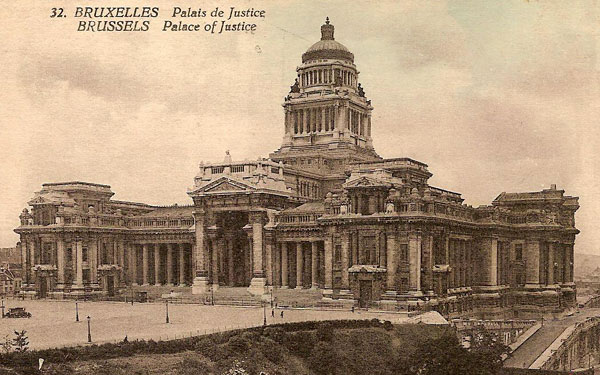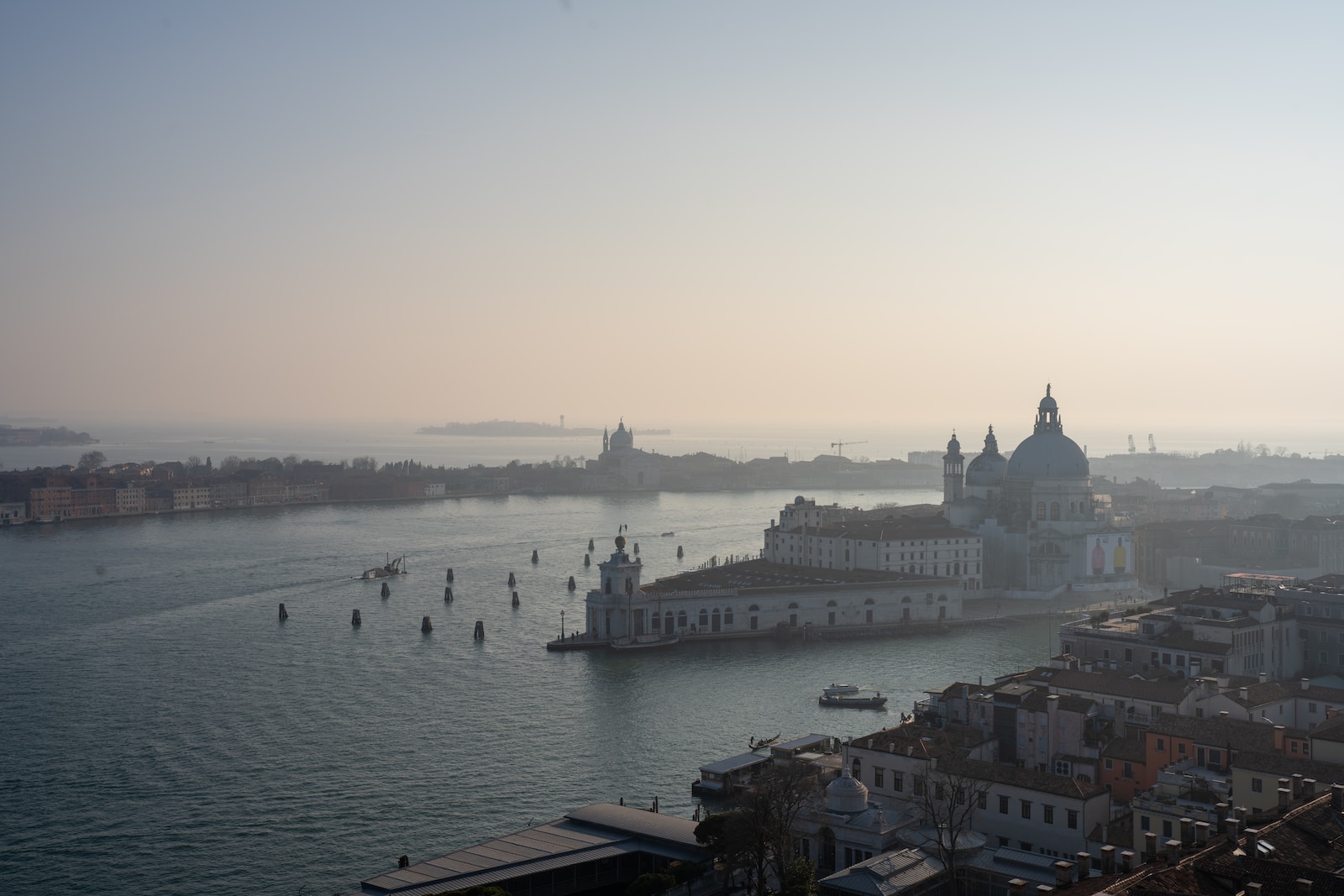Behold the Palace of Justice in Brussels – a commanding architectural marvel that stands as a testament to authority, a striking symbol of legal power that has captivated both locals and visitors for over a century. Perched regally atop Poelaert Square, this grand edifice isn’t merely a building; it’s a tangible representation of Belgium’s legal prowess and historical resilience, a majestic structure with a story to tell.
A Triumph of Timeless Design
Architected by the visionary Joseph Poelaert, the Palace of Justice is a true exemplar of neoclassical design. A creation that marries the elegance of yesteryears with modern functionality, this colossal monument is Poelaert’s masterpiece. With its towering columns, intricate facades, and iconic central dome, the palace demands attention and reverence. Its neoclassical grandeur is as much a nod to the past as it is an unmissable presence on Brussels’ skyline.
Tracing the Timeline
The journey through the Palace’s history reads like a gripping saga, one that reflects Belgium’s own evolution as a nation. The saga began in 1866 when the foundation stone was laid, kicking off a construction odyssey that spanned decades. The late 19th century, marked by societal shifts and political tumult, added dramatic twists to the palace’s tale. Despite obstacles, the palace triumphantly reached its completion in 1883, an architectural feat that stood as a testament to Belgium’s determination.A Witness to Transformation
From its inception, the Palace of Justice has borne witness to seismic shifts in Belgian history. Through the dark clouds of two World Wars, it stood resolute, its walls echoing with the footsteps of justice seekers. The palace’s significance deepened post-World War II, as it hosted the historic Nuremberg Trials. These very walls held the weight of war criminals’ accountability, cementing the palace’s role as a silent observer of humanity’s quest for justice.
A Fusion of Artistry and Purpose, beyond its legal function, the palace has transcended into a cultural icon. Its sprawling courtyards adorned with sculpted masterpieces and regal interiors, all meticulously crafted by skilled artisans, pay homage to Belgium’s artistic heritage. Its strategic perch, overlooking the city, magnifies its aura, making it a must-see for visitors seeking a blend of history, art, and architectural brilliance.
Adapting to the Future, Preserving the Past
Just as any historical gem, the Palace of Justice has faced the ravages of time. Renovations and updates have been undertaken to ensure the palace’s survival while keeping pace with contemporary needs. In the midst of its storied halls, a delicate dance between preservation and adaptation continues, ensuring that this icon stands strong for generations to come.
The Palace of Justice of Brussels is more than a building; it is a living testament to Belgium’s legal legacy and a visual narrative of the nation’s journey through history. It is a canvas upon which the ebb and flow of societal change, legal battles, and cultural evolution are etched.
As you step onto its hallowed grounds and traverse its corridors, you’re not just entering a building; you’re immersing yourself in a story, a saga of justice, resilience, and the enduring spirit of a nation.Here, amidst the columns and domes, justice stands tall, and the echoes of history reverberate in every corner, reminding us that the Palace of Justice is more than just a physical structure – it is the beating heart of Belgium’s legal identity.














